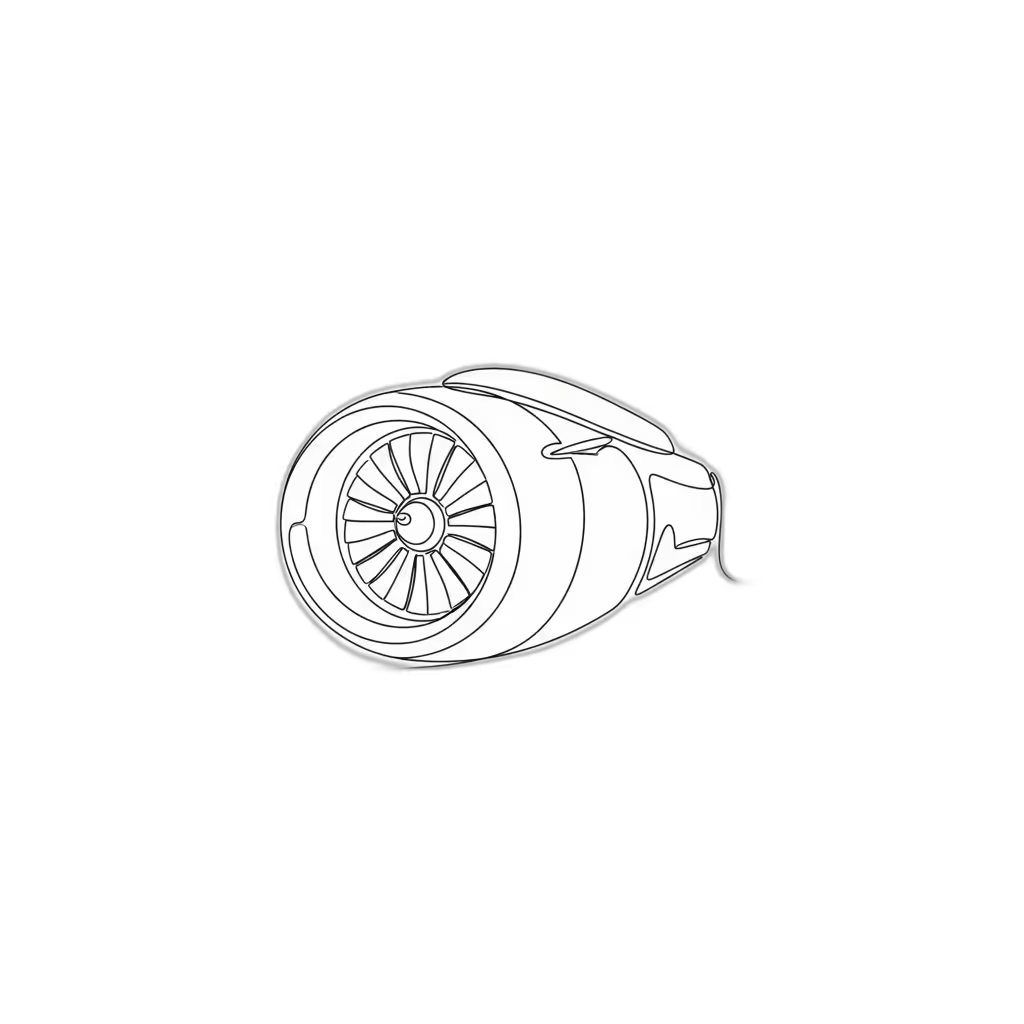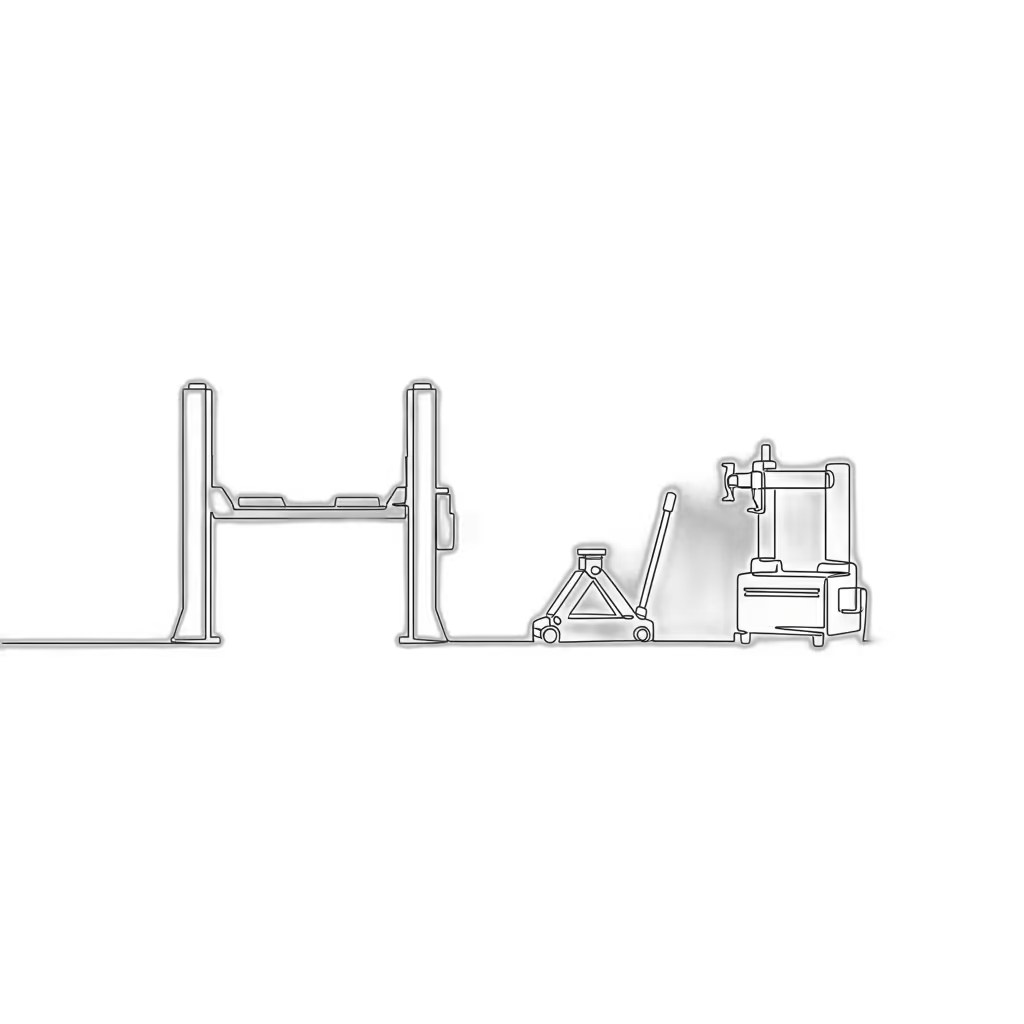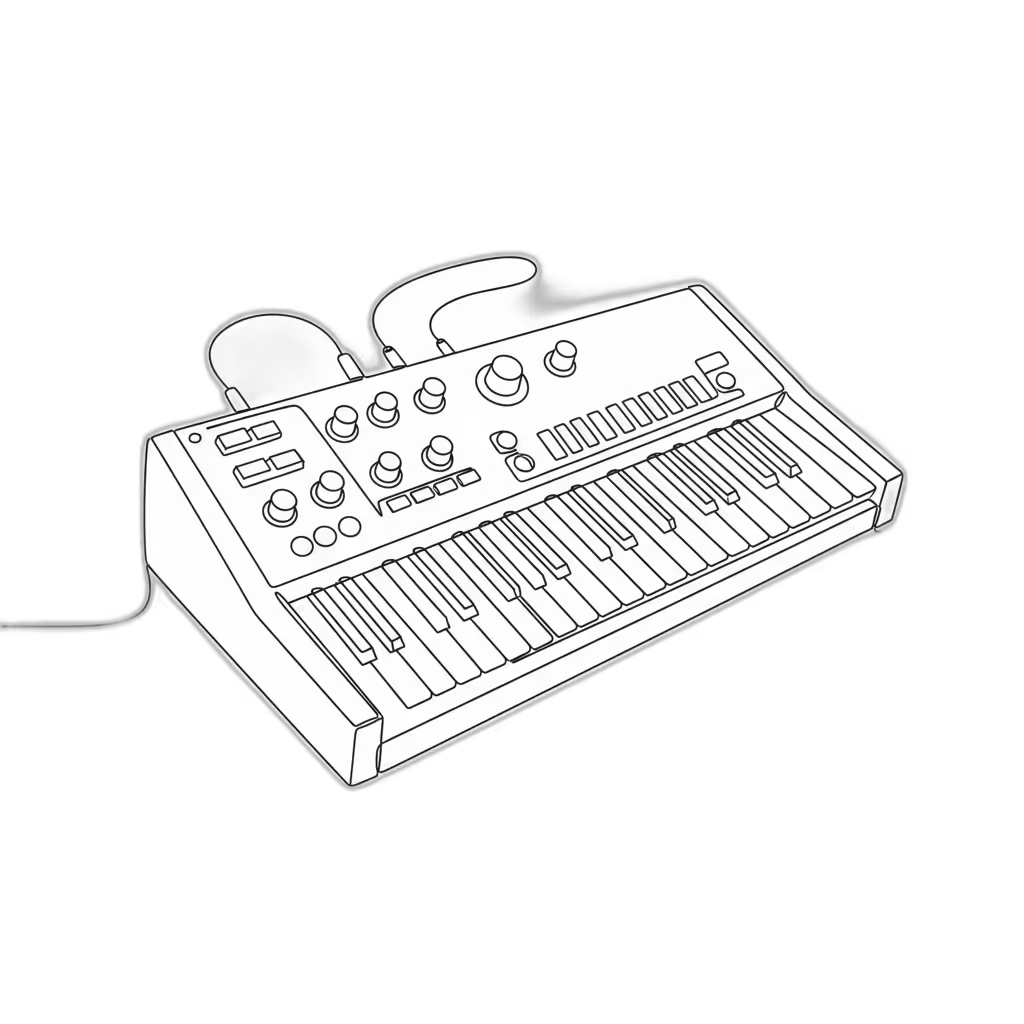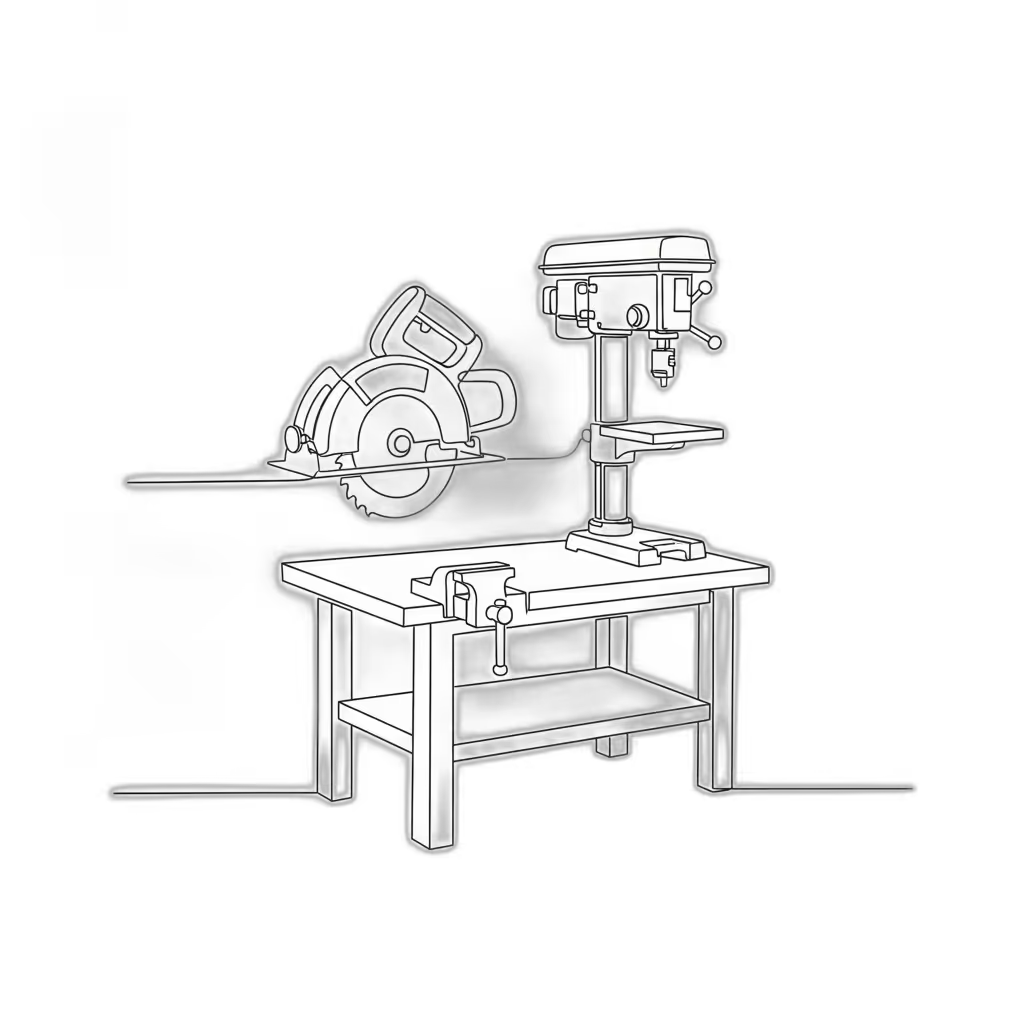






5-Star Valuation Services, Loved by Hundreds
Frequently Asked
Questions
No Frequently Asked Questions Found.
Reports are typically prepared by a neutral third party and follow recognized professional standards such as USPAP. Depending on the assignment, the appraiser may analyze market data, comparable sales, ownership characteristics, or asset condition. The goal is to provide a credible, well-supported value that attorneys, courts, and opposing experts can rely on during the division process.
Professional certified appraisers utilize sophisticated methodologies to analyze machinery value, considering multiple critical factors. These include equipment age, current condition, operational performance, maintenance history, technological relevance, and prevailing market conditions. By incorporating detailed examinations of physical attributes and economic context, appraisers can generate an accurate and defensible valuation.
The appraisal process typically involves three primary valuation approaches: cost, market, and income. The cost approach evaluates replacement expenses while accounting for depreciation. The market approach compares similar equipment transactions to establish fair market value. The income approach estimates potential future economic benefits generated by the machinery.
Key considerations during an equipment appraisal extend beyond simple numerical calculations. Appraisers carefully assess unique characteristics like specialized modifications, technological capabilities, and potential obsolescence. They also examine maintenance records, operational efficiency, and broader industry trends that might influence asset value.
The resulting comprehensive report serves multiple strategic purposes. It provides crucial documentation for financial transactions, insurance coverage, tax planning, potential sales, mergers, and internal asset management. By offering an objective, professional evaluation, equipment appraisals enable businesses to make informed decisions about their capital assets.
Ultimately, an Equipment & Machinery appraisal delivers more than just a monetary figure. It provides a nuanced understanding of an organization's technological infrastructure, supporting strategic planning and financial transparency.
When photographic documentation requires supplementation, professional appraisers leverage video conferencing platforms to conduct live consultations. These virtual interactions enable real-time discussions about equipment specifics, allowing for a more nuanced evaluation of complex machinery or specialized assets. Such remote assessment methods can significantly reduce time and travel expenses associated with traditional in-person appraisals.
The effectiveness of online appraisals depends on several critical factors. High-resolution, well-lit photographs that capture multiple angles and key mechanical details are essential for accurate initial assessments. Clients should be prepared to provide comprehensive documentation, including maintenance records, operational history, and any unique modifications or features that might impact the equipment's value.
While online appraisals offer remarkable convenience, they are not universally applicable. Certain highly specialized or intricate equipment may still require in-person examination to ensure a comprehensive and precise valuation. Professional appraisers will typically indicate when a remote assessment is insufficient and an on-site inspection becomes necessary.
Clients should always verify an appraiser's professional credentials and ensure the evaluation meets industry standards, particularly the Uniform Standards of Professional Appraisal Practice (USPAP). This diligence guarantees the reliability and credibility of the appraisal for potential uses such as financial reporting, insurance claims, or resale considerations.
Different types of equipment appraisers emerge from specific industrial domains, each bringing targeted expertise to the valuation process. Construction equipment appraisers evaluate heavy machinery like excavators and cranes, understanding regional development trends and equipment performance characteristics. Manufacturing equipment specialists focus on production machinery, analyzing technological complexity, usage history, and potential productivity impact.
Agricultural equipment appraisers examine farming machinery with nuanced understanding of seasonal productivity and technological advancements. Medical equipment professionals navigate intricate healthcare technology landscapes, assessing sophisticated diagnostic and surgical instruments. Transportation equipment experts evaluate vehicles and logistics equipment, considering depreciation rates and market demand dynamics.
Heavy equipment appraisers bring specialized knowledge to complex industrial machinery used in sectors like mining and energy. Technology equipment specialists track rapid technological evolution, providing critical insights into rapidly depreciating digital assets and communication systems.
Each appraiser type represents a unique intersection of technical knowledge, market understanding, and industry-specific insights. Their professional assessments provide crucial information for business decision-making, asset management, insurance purposes, and strategic planning across multiple economic sectors.
Insurance coverage represents a primary driver for professional appraisals. An accurate valuation ensures precise protection against potential losses, preventing both underinsurance vulnerabilities and unnecessary premium expenditures. By establishing a credible baseline for asset worth, organizations can design insurance strategies that are both protective and cost-effective.
Tax compliance represents another compelling rationale for equipment appraisals. When donating high-value machinery or equipment, a professional assessment becomes essential for substantiating tax deduction claims. These documented valuations provide the necessary transparency to satisfy regulatory requirements while potentially maximizing financial benefits.
Financial reporting demands rigorous asset valuation. Appraisals offer a clear, defensible representation of equipment value on balance sheets, enabling more sophisticated financial analysis. This transparency becomes particularly crucial when attracting investors or securing lending, as financial institutions rely on precise asset assessments to evaluate collateral and organizational health.
Legal proceedings frequently necessitate objective equipment valuations. During complex scenarios like partnership dissolutions or divorce settlements, a professional appraisal provides an impartial benchmark for asset division. The documented valuation serves as a credible reference point for negotiations, potentially mitigating potential conflicts.
Transaction dynamics also benefit significantly from professional appraisals. Whether purchasing or selling machinery, an independent valuation establishes a fair market baseline. This approach fosters trust between parties, facilitates more transparent negotiations, and helps prevent potential disputes arising from subjective price perceptions.
Strategic asset management represents the most forward-looking benefit of equipment appraisals. Regular assessments provide insights into asset depreciation, replacement timing, and potential upgrade opportunities. By understanding the precise value and condition of existing equipment, organizations can make more intelligent decisions about resource allocation, technological investments, and long-term operational planning.
Ultimately, a professional equipment and machinery appraisal transcends mere number-crunching. It represents a sophisticated tool for financial governance, risk management, and strategic organizational development.
Understanding the Importance of Equipment & Machinery Appraisals in Divorce
In the context of a divorce, the division of assets can often become a complex process, especially when it involves specialized items like equipment and machinery. These assets may hold significant monetary value, but their worth can be tricky to determine without the expertise of a qualified appraiser. An accurate appraisal provides a fair assessment of these items, ensuring that both parties receive their rightful shares based on market conditions and the specific details of the machinery in question.
Furthermore, equipment and machinery appraisals can play a crucial role in negotiations and legal proceedings. Having a professional valuation helps provide clarity and transparency during asset division, which can reduce potential conflicts between the divorcing parties. Additionally, a well-documented appraisal can serve as a vital piece of evidence in court, reinforcing claims regarding the value and condition of equipment that may be otherwise hard to prove.
Key Reasons for Conducting Equipment & Machinery Appraisals
When navigating the complex waters of divorce, accurately assessing the value of equipment and machinery becomes essential. These assets often represent significant investments, and their valuation can impact the division of marital property. Understanding their worth is crucial for ensuring a fair outcome, which is why obtaining a professional appraisal is often a necessary step in the divorce process.
Another key reason for conducting these appraisals is the potential for disputes over ownership and valuation. In legal settings, precise and well-documented appraisals can serve as evidence to support claims regarding the division of assets. Furthermore, a qualified appraiser can provide an unbiased assessment that helps to mitigate conflicts and ensures that both parties feel their interests are valued and protected.
Additionally, equipment and machinery appraisals can play an important role in financial planning post-divorce. Knowing the fair market value of these assets not only aids in equitable distribution but also informs decisions about future investments or potential sales. This financial clarity can ultimately help both parties move forward more confidently as they establish their separate lives after the divorce.
Types of Equipment & Machinery Commonly Appraised in Divorce Cases
In divorce cases, a variety of equipment and machinery may require appraisals to ensure equitable distribution of assets. Commonly appraised items include construction equipment, agricultural machinery, and manufacturing tools. These assets can have significant value, and their accurate appraisal is crucial for a fair settlement. Additionally, specialized items such as restaurant equipment and vehicles used for business purposes may also come into play, depending on the nature of the couple's financial situation.
The appraisal process for equipment and machinery typically involves assessing their current market value, factoring in depreciation, condition, and any unique features that may enhance their worth. It's essential to engage a qualified appraiser who understands the specific equipment being assessed and the industry standards for valuation. This expertise ensures that all aspects of the machinery's value are considered, providing a clearer picture for negotiations and potentially reducing conflict during the divorce process.
The Appraisal Process: What to Expect
The appraisal process for equipment and machinery in divorce settlements typically begins with selecting a qualified appraiser who specializes in the relevant assets. Once an appraiser is chosen, they will conduct a thorough evaluation, taking into account the type, age, condition, and functionality of the machinery. This may include site visits to inspect the equipment firsthand, as well as analyzing market data to determine fair market value. Clear documentation and communication between both parties are essential during this stage to ensure transparency and to address any concerns that may arise.
Following the initial assessment, the appraiser will prepare a detailed appraisal report that outlines the findings and the rationale behind the value assigned. This report serves as a critical piece of evidence in divorce negotiations, influencing asset division discussions. Parties involved should be prepared for the possibility of negotiation based on the appraisal outcome, as discrepancies in perceived value can lead to further discussions. Ultimately, a well-conducted appraisal helps facilitate a fair settlement by providing an objective valuation of essential equipment and machinery.
How Appraisers Determine Value for Equipment & Machinery
Determining the value of equipment and machinery during a divorce involves a thorough evaluation process conducted by professional appraisers. They begin by assessing the type and condition of the machinery, including wear and tear, functionality, and any necessary repairs. Additionally, appraisers consider the original cost, depreciation, and market trends to establish a fair market value. This comprehensive approach ensures that the valuation reflects not only the current state of the equipment but also how it compares to similar items in the industry.
Appraisers often utilize various methods to ascertain value, including the Cost Approach, Income Approach, and Market Approach. The Cost Approach focuses on the cost to replace the equipment minus depreciation, while the Income Approach considers potential revenue generation from the machinery. The Market Approach compares the subject equipment to recent sales of similar items, offering insight into prevailing market conditions. By employing these methods, appraisers can provide an accurate and relevant valuation that stands up to scrutiny in divorce proceedings.
Moreover, external factors such as market demand and economic conditions can significantly influence the value of equipment and machinery. Appraisers stay updated on current industry trends and market fluctuations to ensure their assessments are timely and reflective of real-world conditions. Their expertise not only aids in achieving equitable distribution of assets during a divorce but also helps mitigate potential disputes by providing clear, substantiated valuations. Ultimately, this professional insight can be invaluable in achieving a fair resolution for both parties involved.
Factors Influencing the Value of Equipment & Machinery
The value of equipment and machinery in a divorce settlement is influenced by several key factors, including age, condition, and market demand. Older equipment may depreciate more significantly, while well-maintained machinery can retain value over time. Additionally, specific sectors may experience fluctuations in demand based on economic conditions, which can affect the appraisal value. Understanding these variables is crucial for both parties when negotiating asset division during a divorce.
Another important element to consider is the original purchase price and any enhancements or modifications made to the equipment. Upgrades can sometimes enhance the value, making it essential to document any improvements made since the equipment was acquired. Moreover, the appraisal process may include a comparison of similar equipment in the market to determine a fair value based on recent sales. Engaging a qualified appraiser with expertise in machinery valuation ensures that the appraisal reflects accurate market trends and specific equipment characteristics.
Common Challenges in Equipment & Machinery Appraisals During Divorce
Appraising equipment and machinery during a divorce can present several unique challenges that require careful consideration. One of the primary difficulties is determining the fair market value of specialized or highly customized equipment, which may not have clear comparables in the marketplace. This can lead to disagreements between the parties involved, as each may have differing opinions on the valuation based on their use or the operational income generated from the machinery.
Additionally, there may be a lack of clear documentation regarding the provenance, maintenance history, or current condition of the assets. This uncertainty can complicate the appraisal process, as appraisers must make certain assumptions that may not accurately reflect the true value. Furthermore, emotional factors can cloud judgment, making it essential to approach the appraisal with a professional mindset to ensure an equitable distribution of assets.
The Role of Appraisals in Property Division
In the context of divorce, the division of marital assets can often be a contentious issue, particularly when it involves equipment and machinery that holds not only monetary value but also significant emotional significance. Appraisals serve as an essential tool in this process by providing an unbiased and accurate assessment of the value of these assets. Understanding the fair market value of equipment and machinery helps both parties make informed decisions during negotiations, ultimately leading to a more equitable distribution of property.
Furthermore, professional appraisals ensure that both parties adhere to legal standards and guidelines regarding asset valuation. This is especially crucial in businesses where machinery and specialized equipment play a vital role in operations. By utilizing a qualified appraiser, individuals can mitigate disputes related to valuation, enhance transparency, and facilitate smoother negotiations, laying the groundwork for a more amicable separation process.
Legal Considerations Surrounding Equipment & Machinery Appraisals
In the context of divorce, equipment and machinery appraisals play a crucial role in ensuring a fair division of assets. Courts often require an accurate and unbiased valuation of business-related assets to facilitate equitable settlements for both parties. Appraisers utilize a variety of methods to determine the value of machinery, taking into account factors such as age, condition, and market demand. This valuation process is not only essential for dividing marital property but can also significantly impact issues like spousal support and tax liabilities.
It is important to understand that the legal framework surrounding equipment and machinery appraisals can vary by jurisdiction. Engaging a qualified appraiser who is familiar with local laws can help ensure compliance with legal standards and enhance the credibility of the appraisal. Furthermore, both parties should be aware of their rights regarding how the appraisal is conducted and the qualifications of the appraiser chosen. A well-documented appraisal can minimize disputes and provide a solid foundation for negotiations during the divorce process.
Preparing for an Equipment & Machinery Appraisal
Preparing for an equipment and machinery appraisal involves an understanding of the specific assets being evaluated. This includes gathering all relevant documentation, such as purchase invoices, maintenance records, and warranties, which provide insight into the condition and value of the equipment. Knowing the age and usage history of the machinery will also be beneficial, as such details can significantly influence its market value during the appraisal process.
It is also important to identify the purpose of the appraisal, especially in the context of divorce proceedings. Whether determining equitable distribution or assessing the value for potential buyouts, having clear objectives can streamline the process. Engaging with a qualified appraiser who specializes in equipment and machinery assessments can provide invaluable expertise and help navigate any legal complexities related to asset division.
Additionally, physical access to the equipment is crucial for an accurate appraisal. Ensure that the machinery is clean, functional, and accessible for the appraiser to conduct a thorough inspection. By proactively addressing these components, both parties can facilitate a smoother appraisal process, ultimately leading to a fair valuation that reflects the true worth of the assets involved.
Questions to Ask Your Appraiser
When engaging an appraiser for equipment and machinery assessments during a divorce, it's critical to ask specific questions that will clarify their expertise and approach. Inquire about the appraiser's qualifications, including their certification and experience in valuing similar assets. Understanding their methodologies is equally important; ask whether they utilize market data, recent sales, or replacement costs to establish value. This insight will ensure that the appraisal is comprehensive and reliable, providing a fair basis for asset division.
Additionally, it's wise to discuss the appraiser's familiarity with the specific type of equipment or machinery relevant to your case. Various industries have unique valuation standards and market factors that an appraiser should understand. You should also clarify the timeline for the appraisal and any additional costs that may arise throughout the process. By asking these questions, you can better navigate the complexities involved in valuing equipment and machinery for equitable distribution.
Conclusion: Navigating Equipment & Machinery Appraisals in Divorce
Navigating equipment and machinery appraisals during divorce proceedings can be a complex endeavor, but understanding the process is essential for achieving a fair resolution. Accurate appraisals provide an objective assessment of the value of marital assets, ensuring that both parties have a clear understanding of what is at stake. In many cases, machinery and equipment valuations involve specific industry knowledge and expertise, making it crucial to engage qualified appraisers who specialize in this field. By doing so, divorcing couples can avoid potential disputes and establish a solid foundation for negotiations.
Moreover, the implications of inaccurate appraisals can extend beyond financial considerations, impacting future business operations or personal finances for both parties. It is important to approach equipment and machinery appraisals with thorough preparation, gathering all necessary documentation and understanding market conditions. This proactive approach not only facilitates smoother negotiations but also promotes transparency and equity in the division of assets. Ultimately, taking the time to comprehend the appraisal process can significantly ease the challenges associated with divorce settlements.
View all Locations
APPRAISEITNOW APPRAISERS ARE BEST-IN-CLASS & CREDENTIALED BY LEADING APPRAISAL ORGANIZATIONS LIKE THE ISA, ASA, & MORE.




























.svg)










